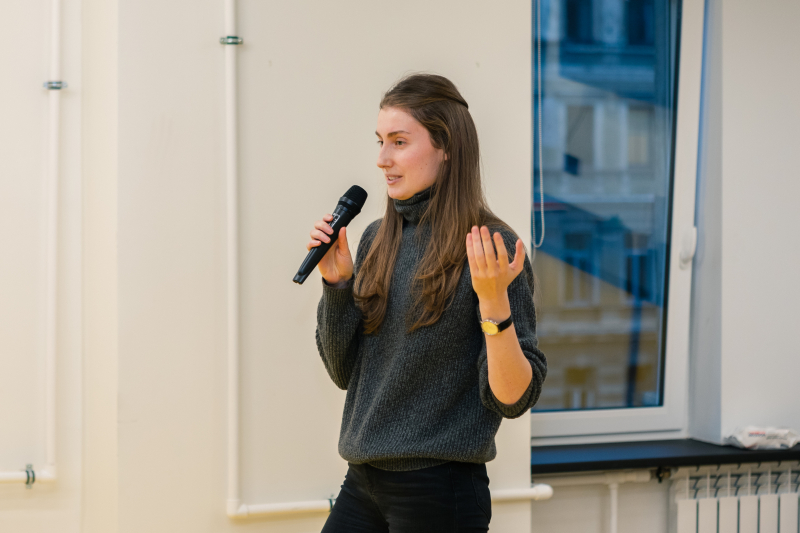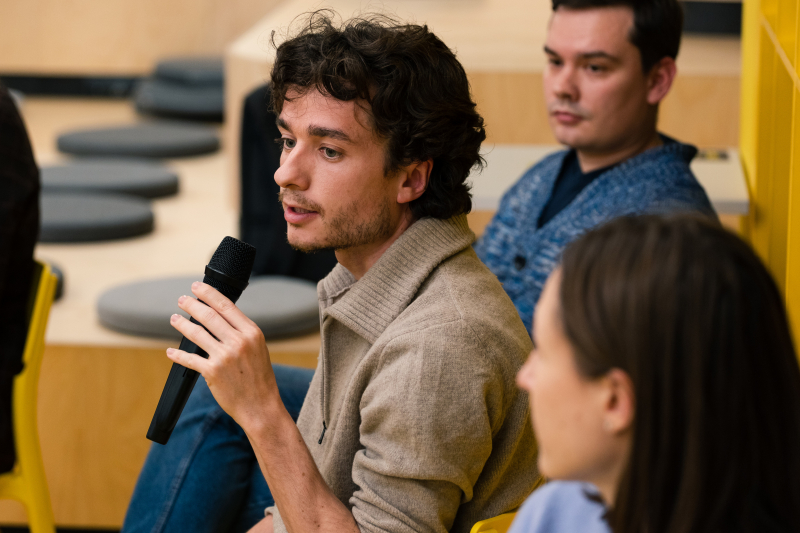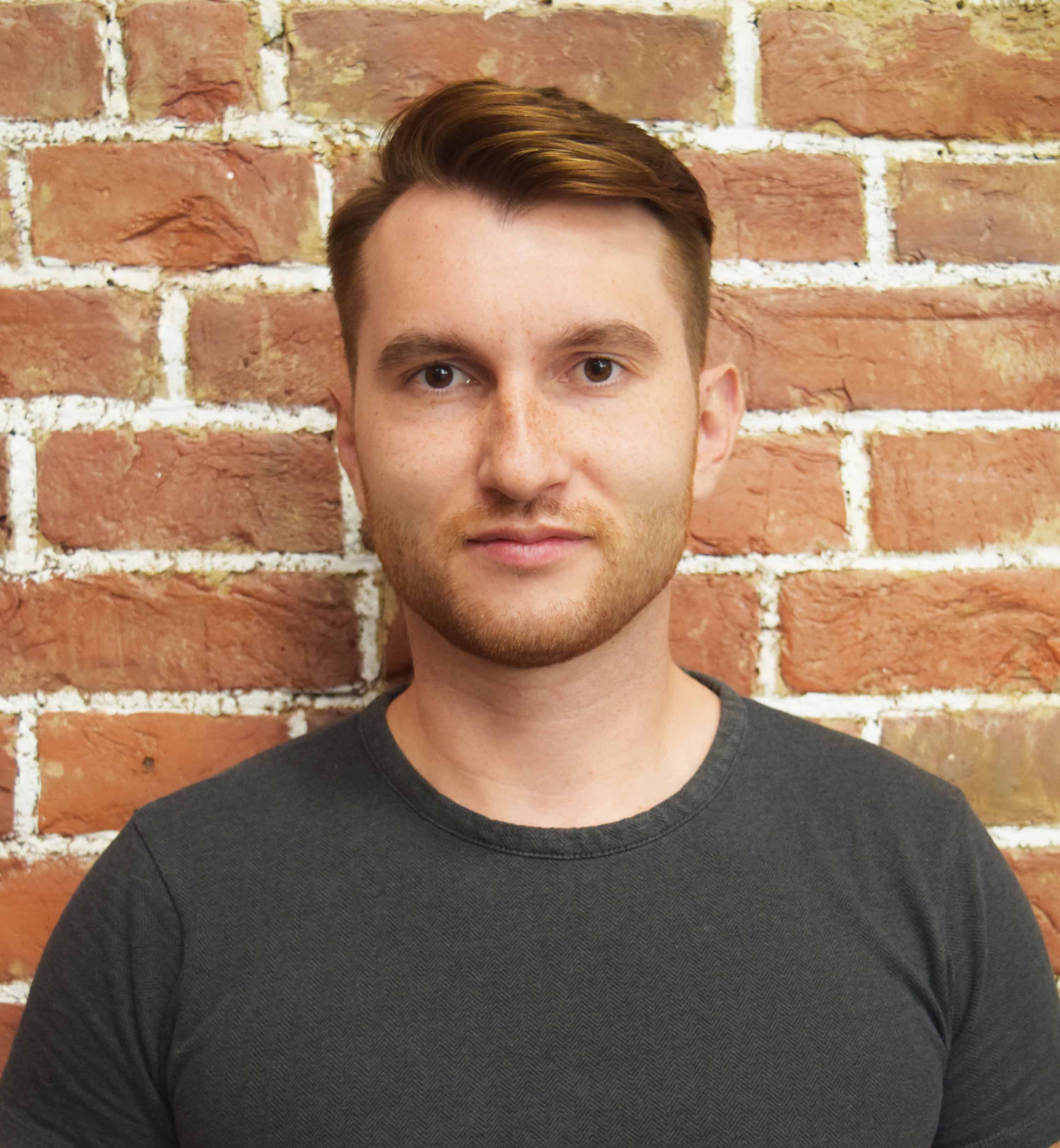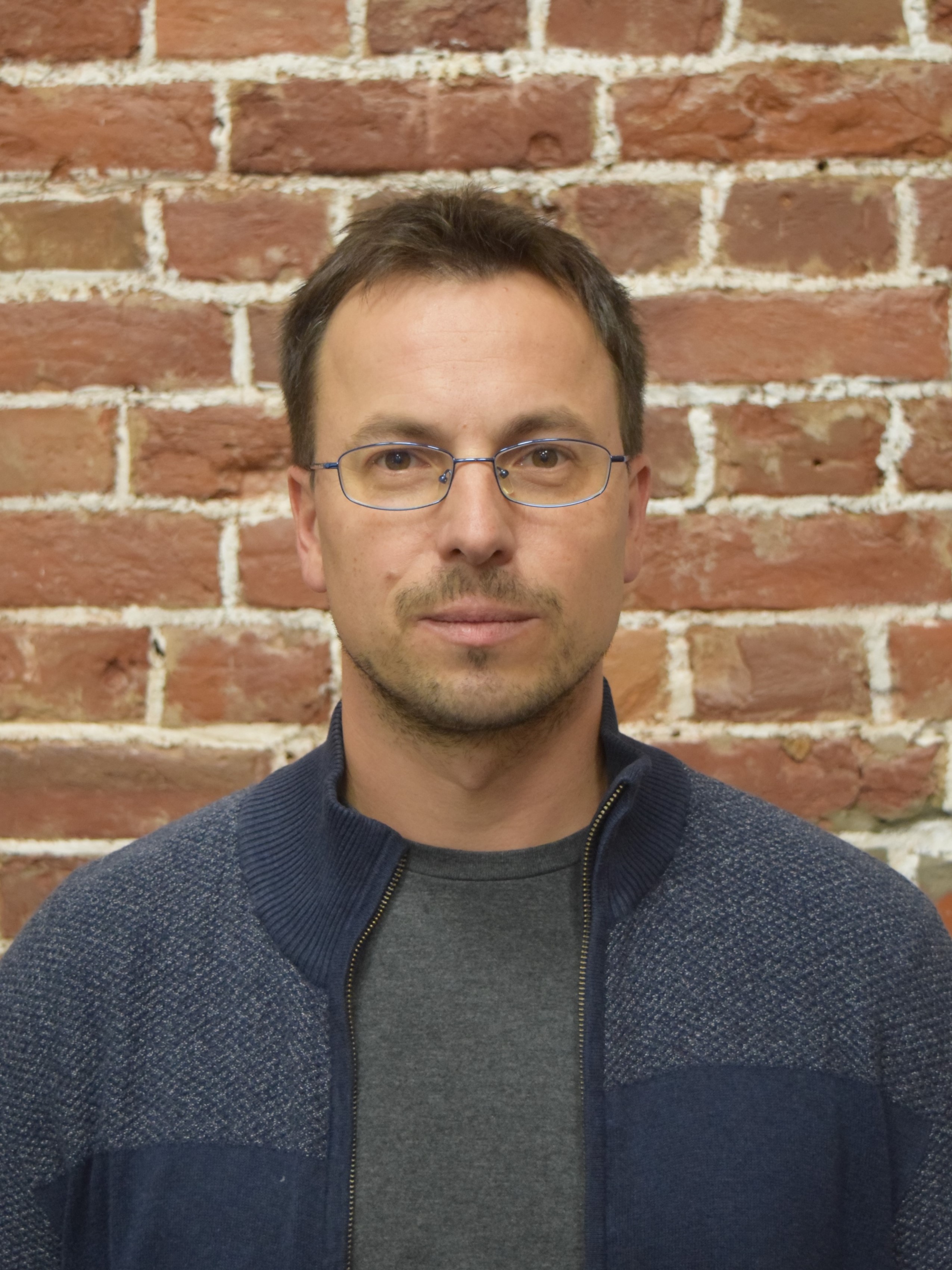ITMO Fellowship & Professorship is a program that provides international scientists and Russian researchers working abroad with an opportunity to conduct research or teach at ITMO. This year, 15 scientists joined ITMO University as fellows and 23 specialists participated in short-term tracks of the program remotely. Read on to find out what they are engaged in and what they plan to do at ITMO.
Who can join
Researchers from any field of study can apply for any time period. The program includes several tracks, both short- and long-term. For example, scientists can act as visiting lecturers and conduct workshops, or do research – this is covered by short-term tracks. If a researcher wants to collaborate with ITMO for a year or longer, they can apply for a postdoctoral, research associate, or professor track.
According to Elizaveta Menis, Fellowship & Professorship program coordinator, the requirements for postdoctoral candidates have changed this year. Previously, any scientist could apply, even if they have zero h-index. Now, it must be four or higher.
There are more updates to come – the university also plans to create a new initiative for international PhD students.
“We are planning to launch a program for international PhD students so that they would be able to enter ITMO and receive a stipend. We think this is important because many students from abroad would like to study in Russia, and at ITMO in particular, but the only way for them to do it is the competition by the Ministry of Science and Higher Education of the Russian Federation and Rossotrudnichestvo,” says Elizaveta Menis.

Elizaveta Menis. Credit: Dmitry Grigoryev, ITMO.NEWS.
New generation
All participants of the Fellowship & Professorship program are scientists with various backgrounds and research interests but that’s what creates a foundation for new interdisciplinary collaborations. They gather at annual meetings in order to get to know each other, share their research interests and projects, as well as talk informally.
One of such meetings took place at ITMO on November 17 and brought together 15 scientists. Among them are researchers who have collaborated with ITMO for years: Da-Wen Sun, a leading world specialist in food and biotechnologies, Anna Zhuk, a specialist in comparative genomics, Georgy Kopanitsa, a researcher who develops a healthcare decision-support system, and Daniel Sapori, a scientist engaged in the creation of perovskite solar cells.

Daniel Sapori. Credit: Dmitry Grigoryev, ITMO.NEWS.
Mehdi Mehrpooya, an acknowledged Iranian scientist in the field of technology and natural gas liquefaction, joined their ranks, too. He has already visited ITMO in order to hold a series of lectures and now, together with the School of Biotechnology and Cryogenic Systems, he works on cooling systems for natural gas liquefaction, including those using renewable energy sources.
The rest of the attendees were researchers who have recently started to work at ITMO by joining the School of Physics and Engineering, ChemBio Cluster, and Infochemistry Scientific Center.
ChemBio Cluster
Vitaly Nikolaev, who now works at the Nanopharmacy lab, previously participated in the postdoctoral program at the Hebrew University of Jerusalem. He’s engaged in the development of novel hollow micro- and nanoparticles of tin, antimony, and germanium to replace graphite in batteries. Even though graphite is the most common anode material for lithium-ion batteries, it has its disadvantages: low capacity and lack of suitability for sodium-ion batteries.

Pavel Levkin received a PhD degree in organic and analytical physics at the University of Tübingen and worked at the University of Vienna and University of California. Recently, he has joined the SCAMT team and is now the head of the Biofunctional Materials lab. He’s engaged in the development of functional materials and surfaces for solving biological and medical tasks, such as the creation of efficient medicine to fight tumors using high-throughput screening (HTS).
(source https://news.itmo.ru/en/science/new_materials/news/12269/)
